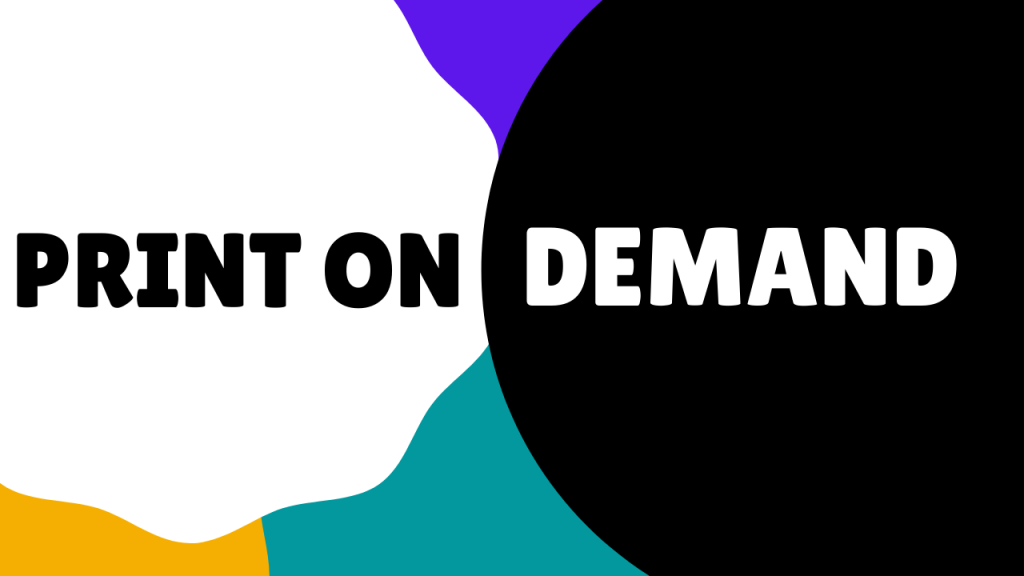In the dynamic world of business, aspiring entrepreneurs often find themselves at a crossroads when deciding between two opportunities: starting a business from scratch or investing in a franchise. Both paths offer unique advantages and challenges, making the decision-making process overwhelming for many.
This article aims to provide valuable insights into the world of franchises and startups, helping entrepreneurs, potential franchisees, and aspiring businessmen make informed choices. So, if you are looking for the latest franchise opportunities in India or planning to launch a startup then this article is for you. Keep reading to find out more about taking a franchise and starting a business.
Franchise vs. Startup: A Comparative Analysis
Startups and franchises are two separate company structures that require comprehension of their essential distinctions. A franchise is a well-known business model that offers individuals—known as franchisees—the chance to operate their own companies while benefiting from the assistance of an established organisation, known as the franchisor. Franchisees can profit from operating under a well-known brand with a solid client base and have access to tried-and-true methods and procedures thanks to this arrangement, among other benefits. The franchisor offers continuing help and direction, which lowers the risks and uncertainties frequently connected with launching a new company.
On the other hand, a startup is a fresh business venture that an entrepreneur or group of people establish from scratch. Startups, as opposed to franchises, demand that entrepreneurs build the brand, the systems, and the processes from the ground up. While this permits total creative freedom and uniqueness, it also comes with greater risks and difficulties because startups must establish their brand reputation, win over customers, and create effective operational procedures.
Franchises provide a more formal route to business ownership, while startups require more invention and entrepreneurial flair. Before picking which model to pursue, ambitious business owners must carefully assess their goals, resources, and risk tolerance. Both models have certain advantages and disadvantages. Making wise judgements and planning a successful entrepreneurial journey requires an understanding of these fundamental contrasts.
Pros of Taking a Franchise
- Established Brand and Support
One of the significant advantages of opting for a franchise is immediate access to a well-known brand. Franchisees get access to the reputation and customer loyalty of the established company, helping them gain traction faster. Additionally, franchises offer comprehensive training, ongoing support, and proven operational systems, reducing the learning curve and increasing the likelihood of success. - Marketing and Advertising
Franchises often pool their marketing and advertising resources, enabling franchisees to benefit from nationwide or even global campaigns. This shared effort boosts brand visibility and attracts a more extensive customer base, which can be particularly advantageous for those without prior marketing experience. - Reduced Risk
Compared to startups, franchises come with a lower risk. Franchisors have already tested their business models and ironed out potential flaws, ensuring that the concept is viable and profitable. This can provide reassurance to potential franchisees, as they have a higher chance of achieving profitability sooner. Moreover, you’ll get access to some of the best return on investment franchise opportunities.
Pros of Starting a Business
- Unbridled Creativity
A startup offers an entrepreneur the freedom to pursue their passion and create a unique brand from the ground up. This creative control can be immensely satisfying for those who wish to bring a new product or service into the market without any restrictions imposed by a franchisor. - Flexibility and Adaptability
Startups are agile and can quickly adapt to changing market trends and customer preferences. Unlike franchises, which may have strict guidelines to follow, startups can change their strategies and offerings to stay relevant in dynamic market conditions. - Potential for Higher Returns
While startups come with higher risks, they also offer the potential for substantial returns on investment. If the business idea is innovative and gains traction, it can lead to rapid growth and significant profitability.
Cons of Taking a Franchise
- High Initial Investment
Franchises often require a substantial upfront investment, including franchise fees, royalties, and other expenses. This financial commitment can be a barrier for some potential franchisees, especially those with limited capital. - Limited Autonomy
While franchisees benefit from an established brand, they must adhere to the franchisor’s rules and guidelines. This limited autonomy may restrict the ability to implement certain ideas or business strategies. - Royalty Payments
Franchisees are typically required to pay ongoing royalty fees to the franchisor, usually a percentage of their sales. These fees can impact profitability and reduce the potential earnings of the business.
Cons of Starting a Business
- Uncertain Market Reception
Startups face higher uncertainty in terms of market acceptance and consumer demand. Since they are introducing a new product or service, there’s no guarantee that it will resonate with the target audience. - Resource Constraints
Unlike franchises, startups lack the immediate support and resources provided by an established brand. This means entrepreneurs must build their operational systems, marketing strategies, and supply chains from scratch, which can be time-consuming and challenging. - Steeper Learning Curve
Entrepreneurs starting a business may face a steeper learning curve as they understand the various aspects of running a company. This includes understanding market dynamics, customer behavior, and industry best practices.
Franchise vs. Startup: What’s the Right Pick?
The decision between a franchise and a startup ultimately depends on an individual’s goals, risk tolerance, and available resources. Those seeking a proven business model, brand recognition, and ongoing support may find franchises more appealing. On the other hand, entrepreneurs needing creative freedom, flexibility, and higher potential returns might lean towards starting their own venture.
Before making a final decision, aspiring businessmen should conduct thorough research, consider their passion and expertise, and evaluate their financial capacity. It’s also important to consult with industry experts, current franchisees, and experienced entrepreneurs to gain valuable insights and guidance. Thoroughly consider the advantages and disadvantages and match your decision with your long-term success objective.
Ultimately, the right pick depends on your preferences and long-term business objectives. So, whether it’s joining an established franchise or whether you choose to launch a startup, the journey of entrepreneurship promises to be both rewarding and challenging.
Read more business related blogs!


